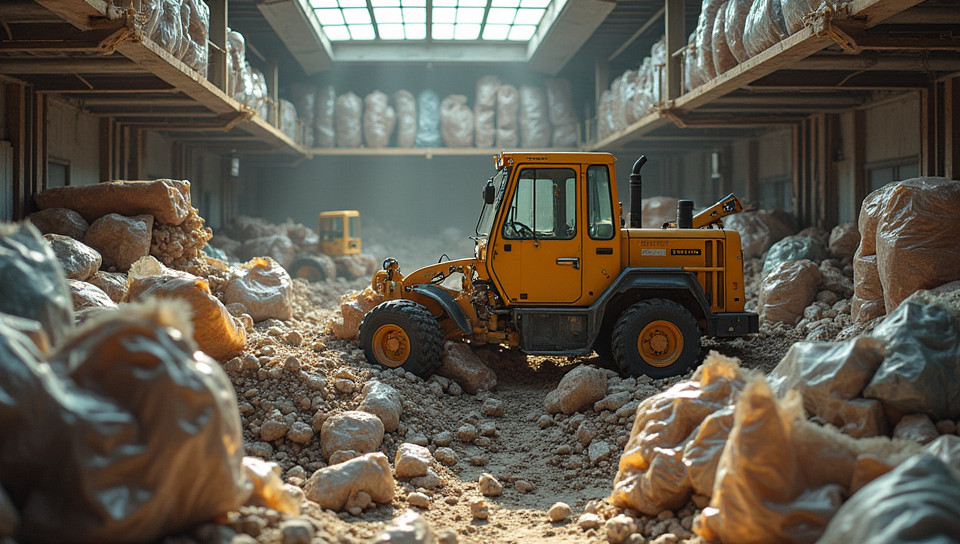Some materials cannot be recycled or transformed for reuse 52%

The Dark Side of Recycling: Materials That Can't Be Transformed
As we continue to strive for a more sustainable future, the importance of recycling cannot be overstated. We're often told that anything can be recycled or transformed into something new, but this simply isn't true. Some materials are inherently difficult or impossible to recycle, and it's essential to understand which ones they are.
The Problem with Plastics
Plastic waste is a significant contributor to pollution worldwide, but many types of plastics cannot be recycled. For example:
- Plastic bags and wraps
- Styrofoam
- Plastic straws
- Some types of plastic packaging materials
These items often contain chemicals or additives that make them difficult to process through traditional recycling methods.
The Challenge with Electronics
Electronic waste is another growing concern, as many electronic devices contain hazardous materials like lead, mercury, and cadmium. Unfortunately, not all electronics can be recycled:
- Batteries (especially lithium-ion batteries)
- Electronic components with toxic substances
- Some types of circuit boards and wires
These items require specialized recycling facilities to handle the complex and often hazardous materials they contain.
The Obstacles with Organics
While composting is a great way to recycle organic waste, some materials simply cannot be transformed into new products:
- Plastic-based food packaging (like certain types of containers or utensils)
- Foam cups and plates
- Some types of paper products (like glossy magazines or coated cardboard)
These items often contain chemicals or additives that make them incompatible with the composting process.
The Future of Recycling
While it's disheartening to learn about materials that can't be recycled, there are still many ways we can reduce waste and promote sustainability:
- Reduce your use of single-use plastics
- Choose products made from recyclable materials
- Support companies that prioritize sustainable packaging
- Encourage policymakers to implement extended producer responsibility
By understanding which materials can't be recycled and taking steps to minimize our waste, we can create a more circular economy and protect the planet for future generations.
Conclusion
As we continue to navigate the complexities of recycling, it's essential to acknowledge that not everything can be transformed or reused. By recognizing these limitations and working together to address them, we can build a more sustainable future for all.
- Created by: Kabir Kumar
- Created at: Aug. 30, 2024, 9:41 p.m.
- ID: 8554








